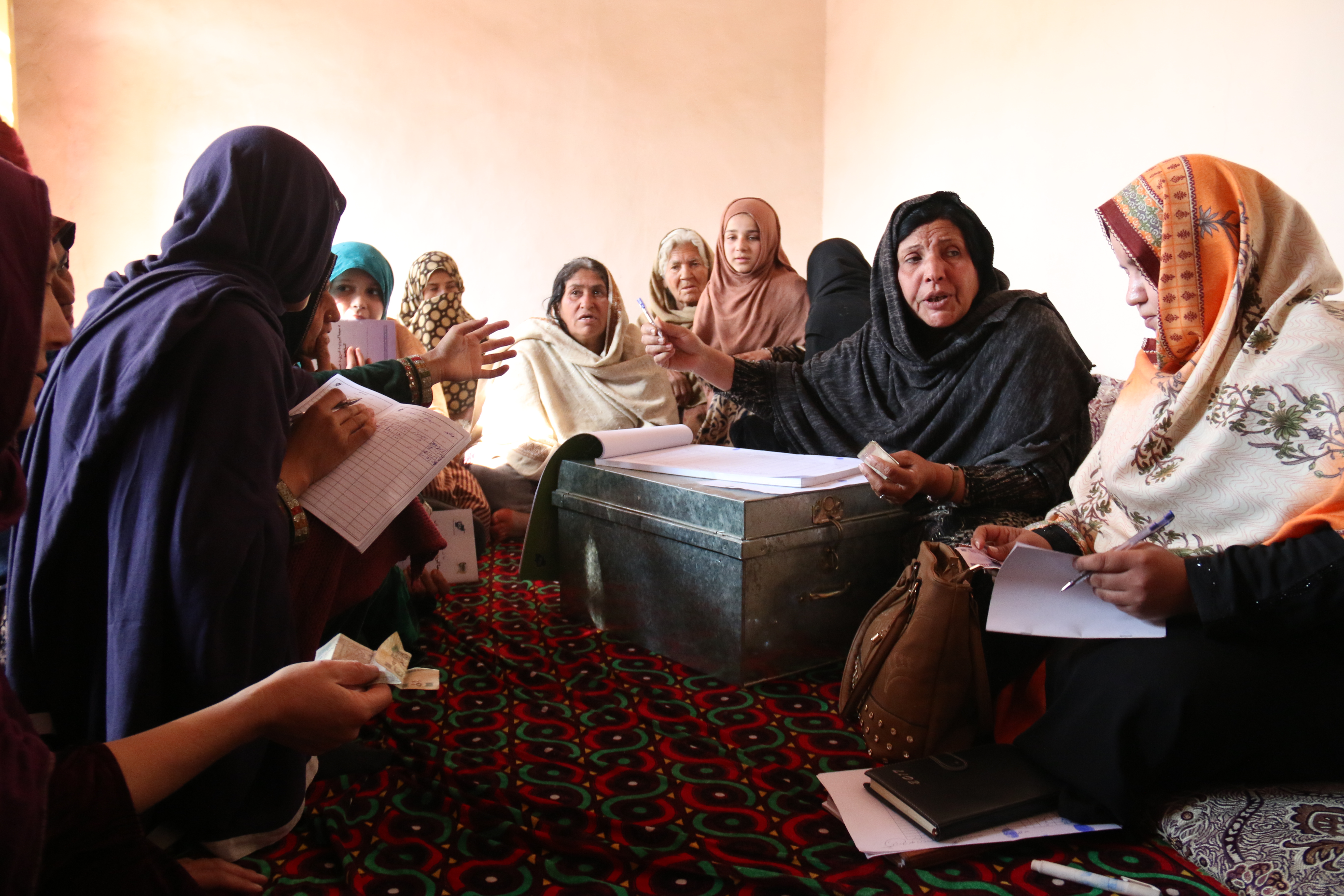
Livelihood and resilience
Considering the county’s changing climate, ongoing environmental degradation, increasing disaster and climate risks, compounded by high levels of poverty and inadequate infrastructure, SCA aims to empower target groups and communities to achieve sustainable development in rural areas. SCA integrates humanitarian, development, and peacebuilding efforts with a focus on enhancing community resilience by addressing poverty and vulnerability to hazards and shocks.
To address rising poverty and improve the living conditions of the poorest and most vulnerable people in rural areas, SCA supports target groups and communities in improving livelihoods and incomes, improved access to safe drinking water, and increasing local communities’ capacity.
Food Security and Economic Empowerment
SCA promotes sustainable agricultural systems that increase production and resilience to climate change. To improve smallholders’ income and food security, SCA promotes sustainable and climate resilient farming practices and support the construction or rehabilitation of agricultural infrastructures (e.g., small-scale irrigation, storage, market structures). We also provide agricultural support (e.g., inputs, tools and equipment) to the most vulnerable farmers to help them sustain or recover their production, move away from reliance on food aid and build viable livelihoods.
SCA provides demand-driven vocational and entrepreneurial skills to women, persons with disabilities and youth to promote employment and income-generating opportunities. SCA works with rural businesses, employers and vocational training providers to promote employment opportunities for target groups. SCA also provides support to micro and small enterprises, with a particular focus on women and pro-poor initiatives. SCA assists entrepreneurs or producers with skills, finance, and market access to help them increase their production and earnings. Producers engaged in similar activities are encouraged to establish producer groups to perform collective production and marketing activities. We also support community savings groups, self-help group and associations by providing training and grants and strengthening the institutional linkages between these groups and businesses and financial service providers.
SCA also provides life-saving support to the most vulnerable people affected by crisis, such as female-headed households, persons with disabilities, internally displaced people and returnees. We collaborate with humanitarian actors/partners to provide critical lifesaving and livelihood assistance to crisis affected people, with an emphasis on food, non-food items, cash, and emergency livelihood support.
Water, Sanitation and Hygiene (WASH)
SCA aims to empower target groups and communities to take appropriate actions to address the water, sanitation, and hygiene (WASH) needs, resulting in better community health, hygiene, dignity, and well-being. Our main emphasis lies in providing equitable access to well-managed, affordable, and climate-resilient WASH facilities. In partnership with rural communities, WASH cluster actors and public health institutions, we encourage the active and meaningful participation of women, children, and persons with disabilities to ensure equitable access to WASH facilities.
Our activities fall under three main areas – water, sanitation, and hygiene. Firstly, increasing access to safe drinking water, using the value-chain based approach that considers the harmonious conservation and utilization of water resource for the benefit of the most vulnerable populations based on the foundation of water governance. We focus on increasing the provision of community-managed safe drinking water in rural communities, where people have poor or limited access to improved water services. At the institutional level, we focus on strengthening operation and maintenance of water supply facilities. Secondly, increasing access to sanitation facilities by improving knowledge, attitudes, and practices. We promote the community-led total sanitation (CLTS) approach to empower rural communities to eliminate open defecation in rural areas. And finally, improving knowledge around general hygiene practices, including personal hygiene, food hygiene, proper handling and use of drinking water, and proper waste management.
Disaster Risk Reduction (DRR) and Climate Change Adaptation (CCA)
Afghanistan is prone to intense and recurring natural hazards (flooding, earthquakes, snow avalanches, landslides, and droughts) due to its geographical location and history of environmental degradation. Rural livelihoods are vulnerable to disasters and have limited resilience to absorb and recover losses. To improve disaster resilience, SCA strengthens the capacity of target groups and their communities in DRR and CCA, including natural resource management.
SCA works with diverse stakeholders to analyze and map disaster risks, establish community-based early warning systems and formulate disaster management plans. SCA works with communities and community-based organizations to raise awareness on environmental risks, develop small-scale structural mitigation measures, rehabilitate degraded lands and watersheds, and promote sustainable management of natural resources, such as land, forest, and water resources.
Women, children, and persons with disabilities, who are among the most vulnerable and socially excluded groups, are disproportionately affected by disasters; therefore, SCA ensures that these vulnerable groups are empowered to actively participate in vulnerability and capacity assessments and community-based disaster risk mitigation and preparedness interventions.